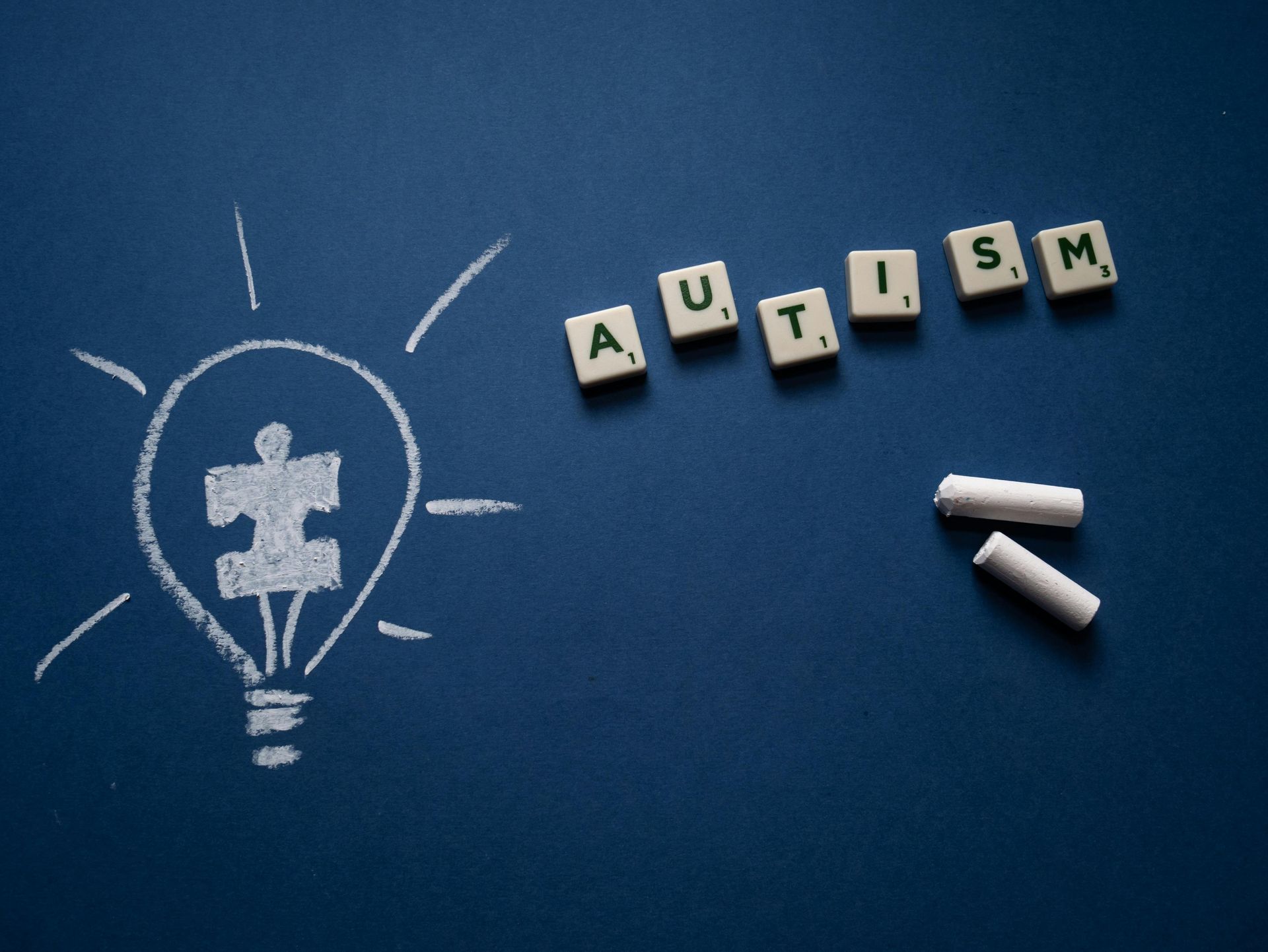What is Autism
Autism Spectrum Condition (ASC) is a complex neurodevelopmental condition that affects how individuals perceive the world and interact with others. It is called a "spectrum" because it encompasses a wide range of symptoms and behaviours, in areas such as social interaction, communication, and behaviour.
What Causes Autism?
The exact cause of autism remains unknown, but research suggests that a combination of genetic and environmental factors contributes to its development. Genetics play a significant role, with studies indicating that autism tends to run in families. Certain environmental factors, such as prenatal exposure to certain medications or complications during pregnancy, may also influence the likelihood of developing autism. It’s important to note that no single factor causes autism, and it is a highly individualised condition.

Understanding Autism
Key Autism Characteristics
- Challenging to interpret social cues, such as facial expressions, body language, and tone of voice.
- Struggle with initiating and maintaining conversations or friendships.
- Some individuals may also struggle with their eye contact.
- Some autistic individuals might prefer solitude or need more time alone to recharge after social interactions
- Autistic individuals often interpret language literally, which can lead to confusion or miscommunication when others use non-literal speech
- They may focus heavily on particular topics of interest, which can sometimes dominate conversations.
- Autistic individuals often develop intense interests in specific topics or activities.
- Sensory differences are common in individuals with autism/
Schedule your free Autism Consultation today.
Take the first step toward clarity and empowerment. Learn more about our Autism Assessments, and journey.

How will an Autism Diagnosis help?
Getting a diagnosis is a crucial step toward greater self-understanding and improved support, both academically and socially. For many individuals, an autism diagnosis provides clarity and validation, helping them make sense of challenges they may have faced in social settings, communication, and sensory experiences.
A diagnosis can be incredibly empowering. It allows them to better understand their own mind and body, including how they process sensory input, handle emotions, and interact socially.





